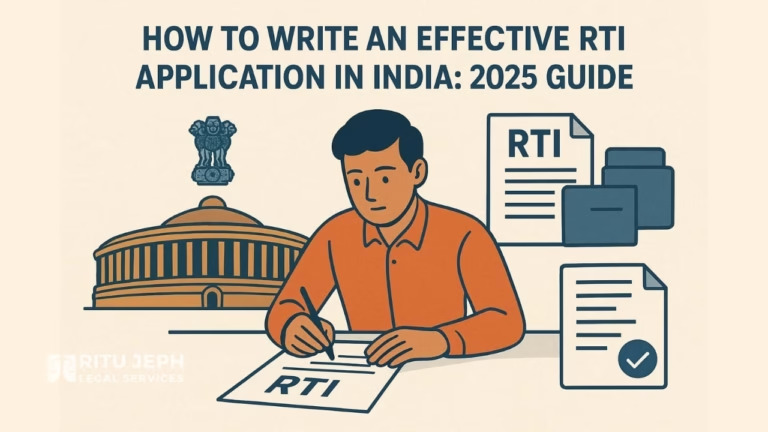Book Appointment Now

Legal Basis for Government’s Advisory on Generative AI Models Questioned by Experts
Doubts raised by legal experts about the legal foundation of the government's advisory on generative AI models. Explore concerns and recommendations from technology lawyers and industry stakeholders
Generative AI: Concerns Over Government Advisory
Technology lawyers have raised doubts about the recent government advisory requiring companies to seek permission before launching Generative Artificial Intelligence (AI) Models. According to experts, the advisory lacks a solid legal foundation and raises concerns about enforcement competence.
Ranjana Adhikari, a partner at IndusLaw, highlighted the ambiguity surrounding the advisory’s statutory basis and enforcement mechanisms. She emphasized that terms like “bias” and “unreliability” remain undefined, making compliance challenging even for well-intentioned companies.
ALSO READ: Parting Ways Peacefully: Step-by-Step Guide to Mutual Divorce in India
While IT Minister Ashwini Vaishnaw clarified that the advisory isn’t legally binding, lawyer and tech policy advisor Dhruv Garg emphasized the need for comprehensive legislative processes with clear definitions and obligations for effective AI regulation.
Aaron Solomon, managing partner at Solomon & Co, pointed out discrepancies regarding intermediary exemptions under the IT Act, suggesting that AI technologies like ChatGPT and Perplexity AI may not fall under traditional intermediary definitions.
Amidst the debate, People+ai, an initiative by EkStep Foundation, seeks input from India’s AI community and startup ecosystem to shape future regulations. The initiative aims to address concerns and aspirations regarding responsible AI development and deployment.
Aakrit Vaish, CEO of Haptik, highlighted the pressing questions surrounding the advisory’s applicability and the submission requirements for AI models. He emphasized the need for clarity from MeitY officials regarding regulatory frameworks.
ALSO READ: Understanding Section 354A of the Indian Penal Code: A Comprehensive Guide to Combat Sexual Harassment
As discussions continue, stakeholders await further clarity from policymakers and regulatory bodies to ensure balanced AI regulation fostering innovation and societal benefit. While concerns persist, the dialogue between industry players and government entities remains crucial for shaping the future of AI development in India.
Continue to visit our website for additional articles discussing legal considerations related to emerging technologies. To learn more, feel free to reach out to us via email, chat or directly Book an Appointment.



